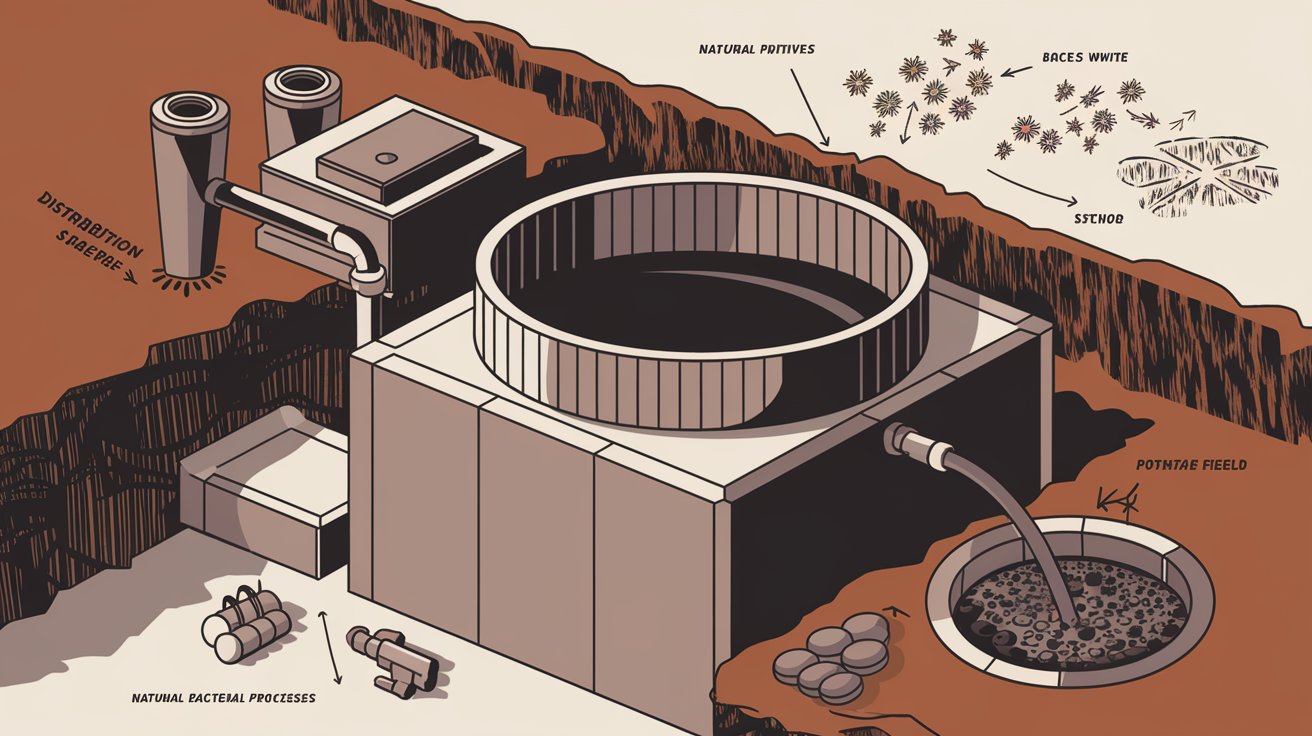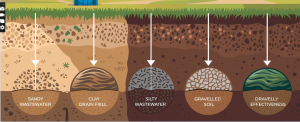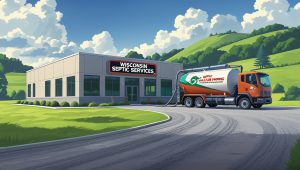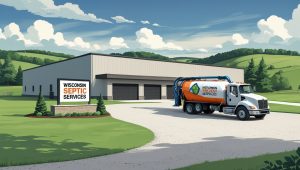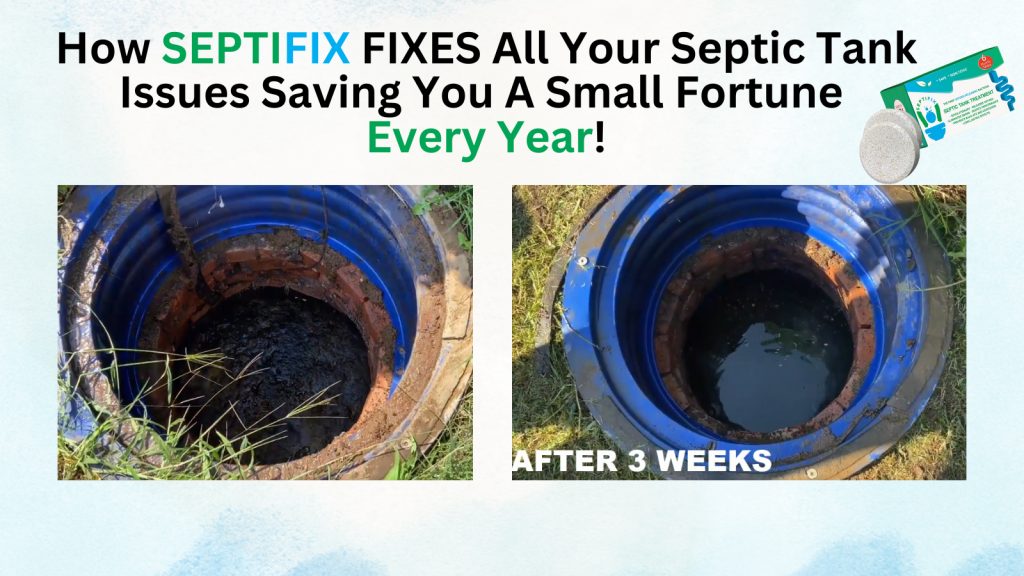Are septic additives necessary for maintaining a healthy septic system? This question often pops up for homeowners looking to avoid costly repairs and keep things running smoothly. With so many products promising to “boost” or “enhance” your septic tank’s performance, it’s easy to feel confused. In this article, we’ll explore what septic additives do, whether they’re worth the money, and what alternatives may be more effective.
Table of Contents
- What Are Septic Additives?
- How Septic Systems Work Naturally
- Are Septic Additives Effective?
- When Might Septic Additives Be Useful?
- Better Alternatives to Septic Additives
- Contact Info and Resources
- Septifix
- Septic Permit Links by State
What Are Septic Additives?
Septic additives are products—typically liquids or powders—marketed to help maintain the balance of bacteria in your septic tank. They fall into two main categories:
- Biological additives: These contain enzymes, bacteria, or both, intended to break down waste more efficiently.
- Chemical additives: These include acids or solvents aimed at reducing solids or grease buildup.
Benefits of Bacterial Septic Additives
How to Prepare for a Septic Inspection
Why Are They Marketed?
Many manufacturers claim these additives:
- Reduce sludge buildup
- Prevent clogs and odors
- Extend the time between pump-outs
But are these promises backed by science or just clever marketing?
How Septic Systems Work Naturally
A septic tank already contains the bacteria needed to break down waste. When wastewater enters the tank, solids settle, and bacteria digest organic matter. The remaining liquid flows into a drainfield where it’s naturally filtered through the soil.
In most cases, a healthy septic system doesn’t need extra help to do its job—as long as it’s pumped regularly and not overwhelmed by grease, harsh chemicals, or heavy water use.
Real-World Insight
Homeowners who stick to regular maintenance—like pumping every 3–5 years—often find they don’t need additives at all. In fact, adding the wrong products can do more harm than good.
Are Septic Additives Effective?
Let’s look at what industry experts and government agencies say about additives:
- The U.S. Environmental Protection Agency (EPA) doesn’t recommend additives, noting there’s little evidence they provide long-term benefits.
- Some state health departments even caution that chemical additives may damage septic components or kill beneficial bacteria.
- A 2022 study published by the Water Environment Research Foundation found no measurable benefit from biological additives in residential systems.
Risks of Using Septic Additives
- Killing essential bacteria: Chemical products can disrupt the natural balance in your tank.
- Damaging pipes or tanks: Harsh chemicals may corrode concrete or plastic septic components.
- Masking real issues: Additives may temporarily reduce odors, but they won’t fix underlying problems like root intrusion or a failing drainfield.
When Might Septic Additives Be Useful?
There are a few situations where septic tank treatments might help:
1. After Antibiotic Use
If a household has recently gone through extended antibiotic treatments, the tank’s natural bacteria might be reduced. A biological additive could help rebalance things—temporarily.
2. During Startup of a New System
Some septic professionals recommend using bacteria boosters when starting a new aerobic or anaerobic system, though opinions vary.
3. For Commercial or High-Use Systems
In high-capacity systems like those used in restaurants or vacation rentals, enzyme-based additives may assist in breaking down grease and waste more quickly—but only as part of a broader maintenance plan.
Better Alternatives to Septic Additives
Rather than spending money on questionable products, focus on best practices that actually support your septic system:
- Regular pumping every 3–5 years
- Water conservation to prevent overloading the system
- Avoiding harsh chemicals like bleach and drain cleaners
- Proper waste disposal (no grease, wipes, or medications down the drain)
- Routine inspections to catch small issues early
These strategies are more effective and less risky than relying on additives alone.
Contact Info and Resources
Here are some helpful resources for more information on septic system care:
- EPA Septic Smart – Offers homeowner tips and best practices
- National Onsite Wastewater Recycling Association (NOWRA) – For expert guidance and industry updates
- Local county health departments – Often provide free resources or inspection services
- OdorFreeSeptic.com – Learn about eco-friendly products and DIY septic care
- University Extension Services – Search for your state’s local septic system guidelines
Conclusion
So, are septic additives necessary? For most homeowners, the answer is no. A well-functioning septic system doesn’t need additives if it’s properly maintained. In fact, using the wrong products can lead to costly problems down the road. Instead, stick with tried-and-true practices like regular pumping, mindful water use, and responsible waste disposal.
Need help with septic odors or questions about system maintenance? Explore our other homeowner-friendly guides or contact a local professional for an inspection.
What Types of Regional Soil Work Best for Septic Systems?
Septic Tanks in Rural Areas: A Practical Guide for Homeowners
Directory | Wyoming Septic Service Providers : Best Professionals
Directory | Wisconsin Septic Service Providers | Part 3
Directory | Wisconsin Septic Service Providers | Part 2
Directory | Wisconsin Septic Service Providers | Part 1
Directory | West Virginia Septic Service Providers : Best Professionals
Winter Pumping: Should You or Shouldn’t You?
Septifix

